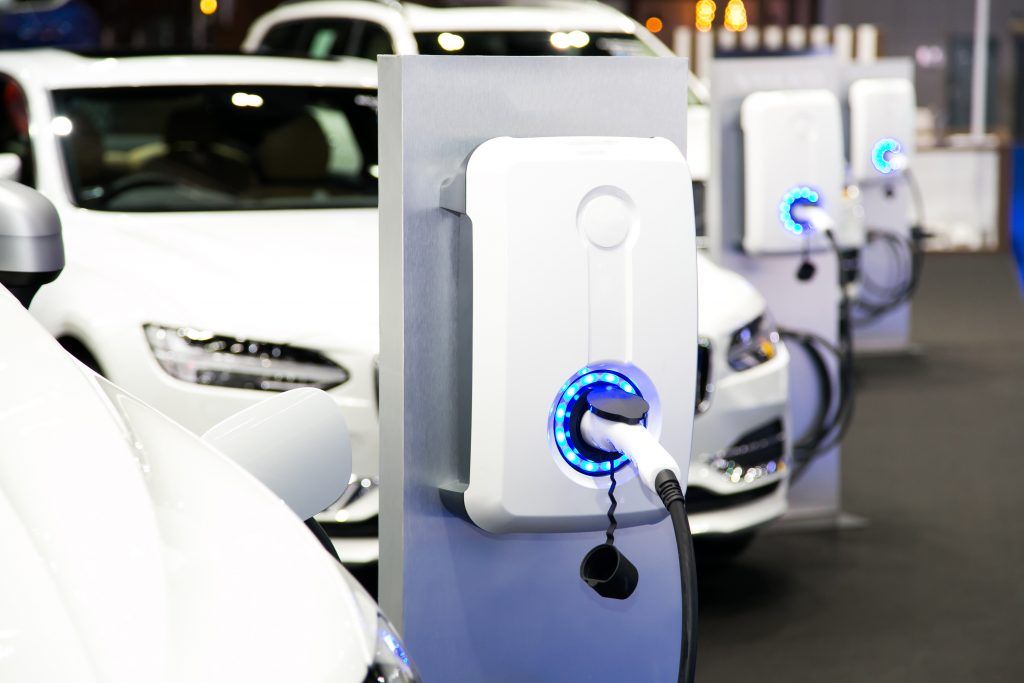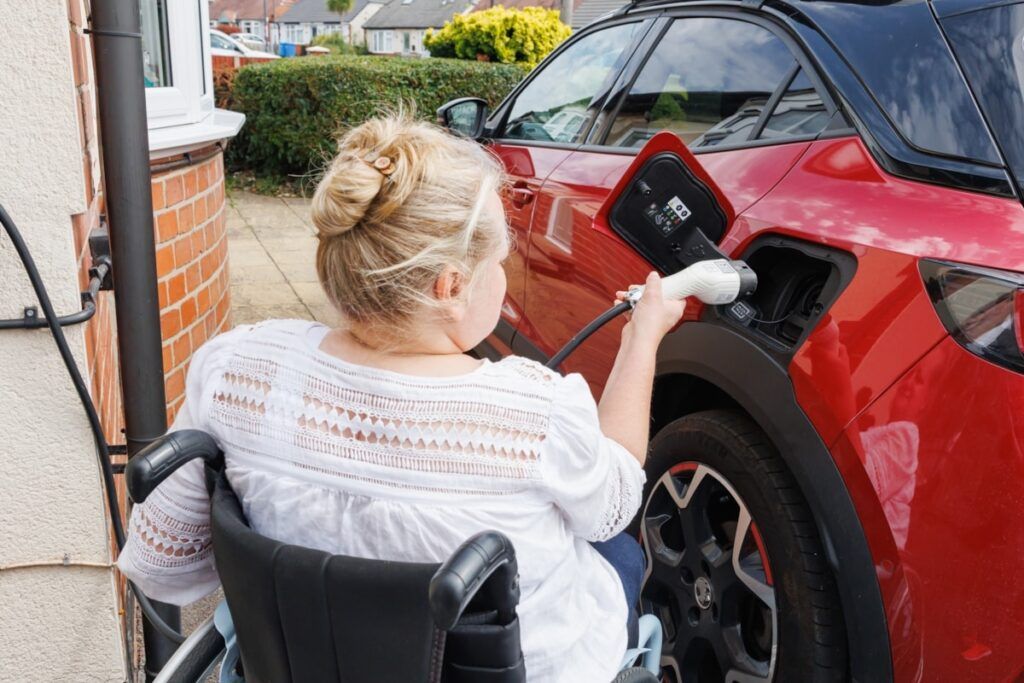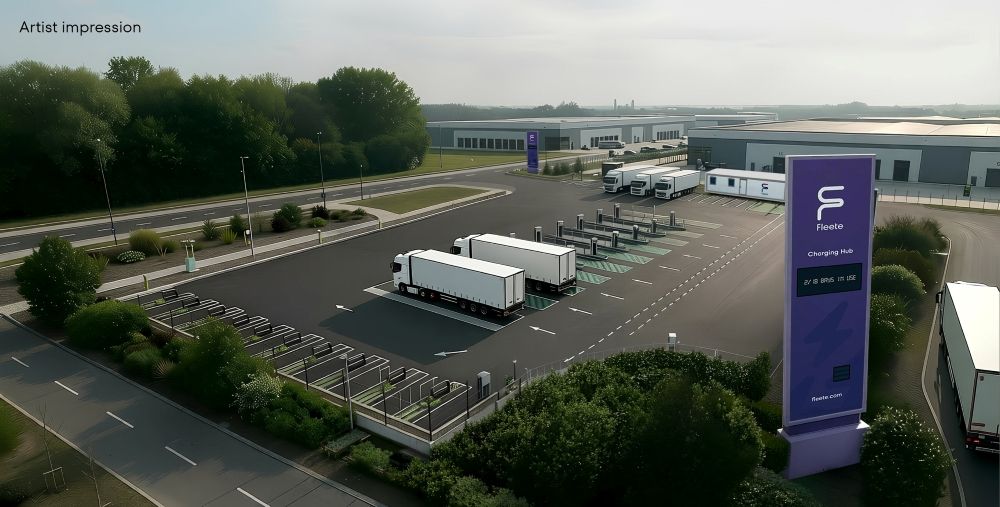The UK new car market has recorded its best February performance for two decades as registrations rose 14% to 84,886 units, with sales of battery electric vehicles rising 21.8% to account for 17.7% of registrations.
According to the latest figures from the Society of Motor Manufacturers and Traders, fleets and businesses were responsible for the entirety of February’s increase – with registrations up 25.2% and 15.5% respectively. Private uptake continued to struggle, with a -2.6% decline to record a 33.7% market share. February is traditionally volatile as the lowest volume month of the year, with buyers often electing to wait until March and the new number plate.
Electrified vehicles recorded robust growth, with hybrid electric vehicles (HEVs) rising 12.1%, but taking a marginally smaller year-on-year market share of 12.7%. Plug-in hybrids (PHEVs) recorded the largest proportional growth for the month, rising 29.1% to reach 7.2% of the market. Battery electric vehicle uptake similarly outpaced the rest of the market, rising 21.8% to account for 17.7% of registrations, an improvement on last year’s 16.5%.
While February’s growth is positive and demonstrative of ongoing robust demand for the latest vehicles, the long-term picture will become clearer in March, the busiest market month. While BEV market share and volumes continue to grow during the first year of mandated targets for manufacturers, the increase in uptake is entirely sustained by fleets, thanks to compelling fiscal incentives. Private buyers account for fewer than one in five (18.2%) new BEVs registered in 2024 so far.
Mike Hawes, SMMT Chief Executive, said:
“The new car market’s ability to deliver growth continues with its best February for 20 years and this week’s Budget is an opportunity to ensure that growth is greener. Tackling the triple tax barrier as the market embarks on its busiest month of the year would boost EV demand, cutting carbon emissions and energising the economy. It will deliver a faster and fairer zero emission transition, putting Britain’s EV ambition back in the fast lane.”
A faster, fairer market transition depends on more private buyers switching but the lack of significant incentives is holding back many. The SMMT says that tomorrow’s Budget is an opportunity for the Chancellor to stimulate demand by halving VAT on new EVs for three years, amending proposed Vehicle Excise Duty (VED) changes, and reducing VAT on public charging in line with home charging.
While consumers do not pay VAT on other emission reduction technologies such as heat pumps and solar panels, private EV buyers pay the full 20% levied on all cars, whether they be electric, petrol or diesel. Halving VAT on new EV purchases would save the average buyer around £4,000 off the upfront purchase price – yet cost the Treasury less than the Plug-in Car Grant that was scrapped in 2022.
Similarly, upcoming changes to Vehicle Excise Duty next year would see the majority of BEV buyers effectively penalised £1,950 for going electric due to the ‘expensive car’ supplement. Furthermore, those unable to charge a BEV at home currently pay a ‘pavement penalty’ of 20% VAT on public charging – quadruple the rate paid by those with the opportunity to charge at home.
Industry reaction:
James Court, Chief Executive of EVA England, said:
“It is reassuring to see EV sales maintain a steady pace. Previous purchasing incentives for EVs have been crucial to this drive, and tomorrow’s Spring Budget is an excellent opportunity for the Government to reaffirm its commitment to EVs as the future of green mobility.”
Image courtesy of Shutterstock.












